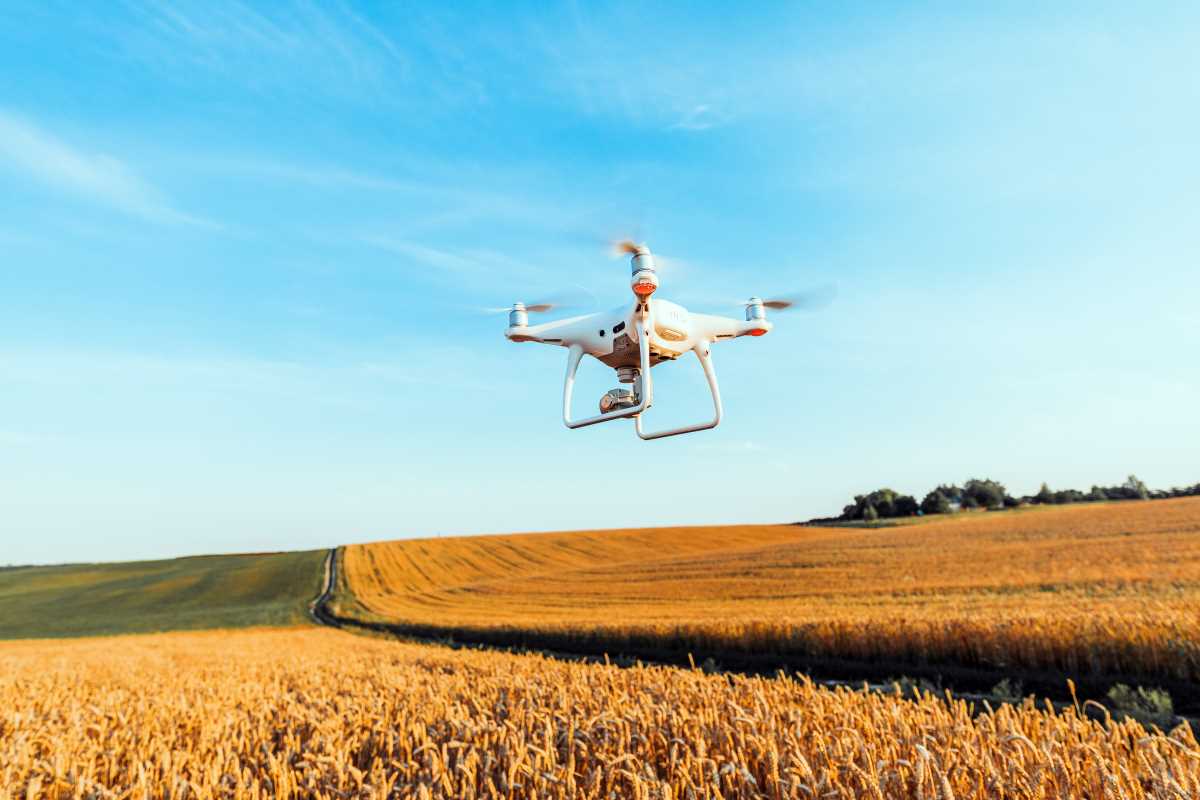Modern businesses face constant pressure to improve efficiency, optimize operations, and maintain a competitive edge. One of the most effective ways to achieve these goals is by adopting cutting-edge technologies that can help lower operational costs without compromising quality or productivity. From automation to artificial intelligence (AI), companies are leveraging tech innovations to reimagine cost management and streamline their processes. Below, we explore some of these game-changing technologies and their impact across various industries.
Automation Streamlines Repetitive Tasks
Automation has become a core strategy for businesses looking to cut costs by minimizing manual intervention in repetitive processes. With robotic process automation (RPA), companies can handle high-volume activities such as data entry, order processing, and customer support more efficiently.
For example, in the financial services sector, banks use RPA to automate fraud detection by continuously monitoring transactions and flagging anomalies in real time. This reduces the need for large fraud investigation teams while enhancing accuracy. According to McKinsey, businesses that implement automation in their workflows can reduce costs by up to 30%, leading to significant savings over time.
Beyond financial services, manufacturing firms also benefit significantly from automated production lines. These systems decrease labor costs and reduce downtime caused by human error. For instance, Tesla’s Gigafactory utilizes automated robots for battery production, resulting in faster processes and lower production expenses.
The Role of Artificial Intelligence in Cost Optimization
Artificial intelligence stands out as one of the most versatile tools for modern businesses. AI applications are being used to improve decision-making, predict trends, and optimize operations, all of which contribute to cost savings.
Retail is a perfect example of effective AI implementation. Companies like Amazon leverage AI-driven demand forecasting tools to predict customer purchasing patterns and manage inventory more efficiently. By stocking only what’s needed, businesses avoid overproduction and reduce storage costs. Gartner reports that companies using AI and predictive analytics in supply chain operations can achieve up to a 50% reduction in inventory holding costs.
AI is transforming customer service. AI chatbots equipped with natural language processing can handle customer inquiries at scale, delivering fast and accurate responses without increasing employee overhead. These bots are not just limited to customer support; they can also upsell products or guide users in real time, adding value while keeping operational expenses low.
Cloud Computing for Scalable Cost Efficiency
Cloud computing has revolutionized the way businesses manage their IT infrastructure, allowing companies to pay for only what they use while scaling resources on demand. Traditional on-premise servers are expensive to maintain and upgrade. By moving to the cloud, organizations can significantly reduce expenditures on hardware, software, and maintenance.
A notable example is Netflix, which shifted its entire infrastructure to Amazon Web Services (AWS). This move saved the company millions by providing scalable storage and computing power during peak streaming periods, without the need to invest in permanent infrastructure.
Small and medium-sized enterprises (SMEs) are also reaping the rewards of cloud computing. Whether it’s using Google Cloud for data storage or Microsoft Azure for hosting applications, businesses can allocate resources dynamically and avoid upfront capital expenses. Additionally, cloud services often include cybersecurity measures, reducing the need for a separate team to manage security operations.
Internet of Things (IoT) for Operational Efficiency
The Internet of Things (IoT) connects devices, sensors, and systems, enabling businesses to collect and analyze real-time data. By leveraging IoT, companies can optimize resources, predict maintenance needs, and reduce waste.
The logistics industry, for instance, uses IoT-enabled fleet management systems to monitor vehicle performance, fuel consumption, and route efficiency. UPS, a leader in logistics, has deployed an IoT system called ORION to optimize delivery routes. This has resulted in saving over 10 million gallons of fuel annually, translating to significant cost reductions.
Similarly, in the manufacturing sector, IoT sensors are embedded in equipment to detect early signs of wear and tear. This allows companies to perform predictive maintenance, avoiding costly downtime and reactive repairs. A study by Deloitte found that predictive maintenance powered by IoT can reduce maintenance costs by 25% and unplanned outages by 70%.
Big Data Analytics Enhances Strategic Decision-Making
Big data analytics helps organizations harness vast amounts of structured and unstructured data to find insights that can improve efficiency and reduce costs. Industries such as healthcare, retail, and finance are increasingly relying on data-driven strategies for cost management.
Hospitals can analyze patient data to predict hospital readmissions, optimize staff allocation, and manage supply chains efficiently. Similarly, retail companies use customer data to identify purchasing patterns and fine-tune pricing strategies.
Data analytics also plays a vital role in fraud reduction. By analyzing patterns in financial transactions, businesses can identify anomalies that indicate fraudulent activity, saving billions annually in potential losses.
Renewable Energy and Sustainable Technology
With rising energy costs, companies are turning to renewable energy sources and energy-efficient technologies to cut expenses. Solar panels, energy-efficient buildings, and smart energy management systems help organizations lower their utility bills while reducing their carbon footprint.
Apple powers many of its data centers entirely with renewable energy, not only to reduce costs but also to align with sustainability goals. These initiatives lead to substantial cost savings in the long term while improving brand reputation.
Additionally, smart systems like Nest Thermostats enable companies to monitor and control energy usage in office spaces, reducing waste and lowering operating expenses.
A Forward-Looking Perspective
Looking ahead, technology will continue to play a pivotal role in helping companies manage costs while staying adaptive in a competitive landscape. Leaders who act decisively and strategically will pave the way for sustainable growth, enabling their organizations to thrive in the face of evolving economic demands.
 (Image via
(Image via





